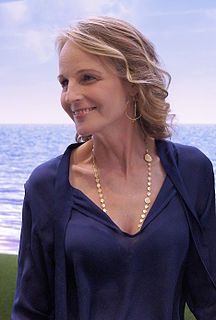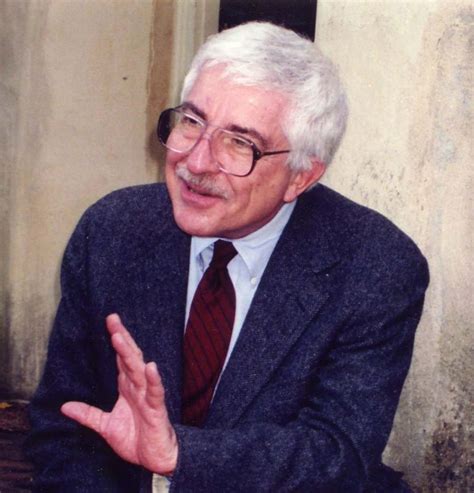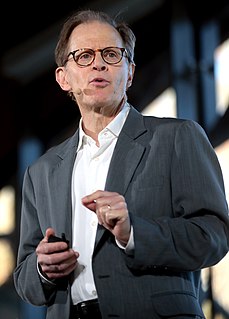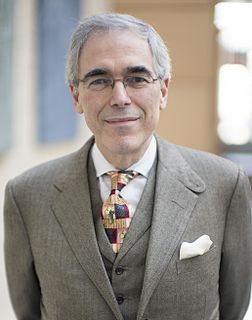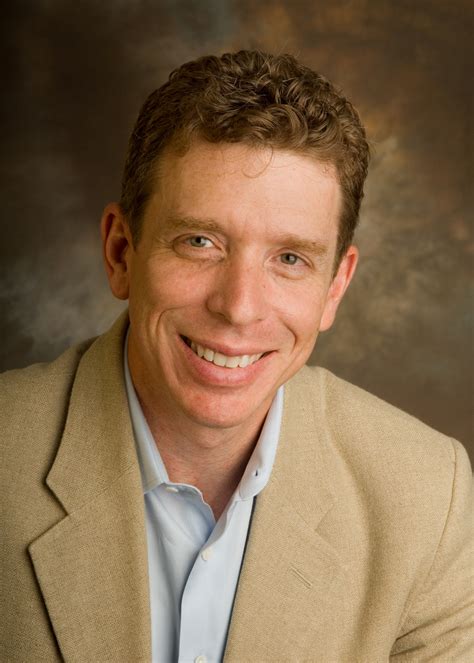A Quote by Helen Hunt
I think I have more of a director's brain than an actor's brain, in a way.
Related Quotes
Everyone uses the brain at every moment, but we use it unconsciously. We let it run in the background without realizing the power we have to reshape the brain. When you begin to exercise your power, the everyday brain, which we call the baseline brain, starts to move in the direction of super brain.
Now, we used to think the brain was like a computer. But now, we realize that's not true. There's no programming of the brain. There's no Windows. And we think the brain is more like a large corporation. Because think of the unconscious mind. In a corporation, you have subdivisions which operate independently of the main office.
Given that the dreaming brain must perform these remarkable contortions - creating a world, living in it, responding to it, and then carefully blocking all the responses in a manner that does not cross the threshold of awareness - it is no wonder that this dreaming brain seems to be more active than the waking brain.
We now know that the way to help a child develop optimally is to help create connections in her brain—her whole brain—that develop skills that lead to better relationships, better mental health, and more meaningful lives. You could call it brain sculpting, or brain nourishing, or brain building. Whatever phrase you prefer, the point is crucial, and thrilling: as a result of the words we use and the actions we take, children’s brains will actually change, and be built, as they undergo new experiences.
An oral society develops both sides of your brain, and the utilization of your brain is more complete than in a linear education module. The written word limits your brain capability by immediately focusing on one area. You don't have any peripheral vision. It immediately divorces you from the environment.
When an actor plays a scene exactly the way a director orders, it isn't acting. It's following instructions. Anyone with the physical qualifications can do that. So the director's task is just that – to direct, to point the way. Then the actor takes over. And he must be allowed the space, the freedom to express himself in the role. Without that space, an actor is no more than an unthinking robot with a chest-full of push-buttons.
When confronted with information streaming from the eyes, the brain will interpret this information in the quickest and most efficient way possible. Time is energy. The longer the brain spends performing some calculation, the more energy it consumes. Considering the brain runs on about 40 watts of power (a lightbulb!), it doesn't have a lot of energy to spare.
